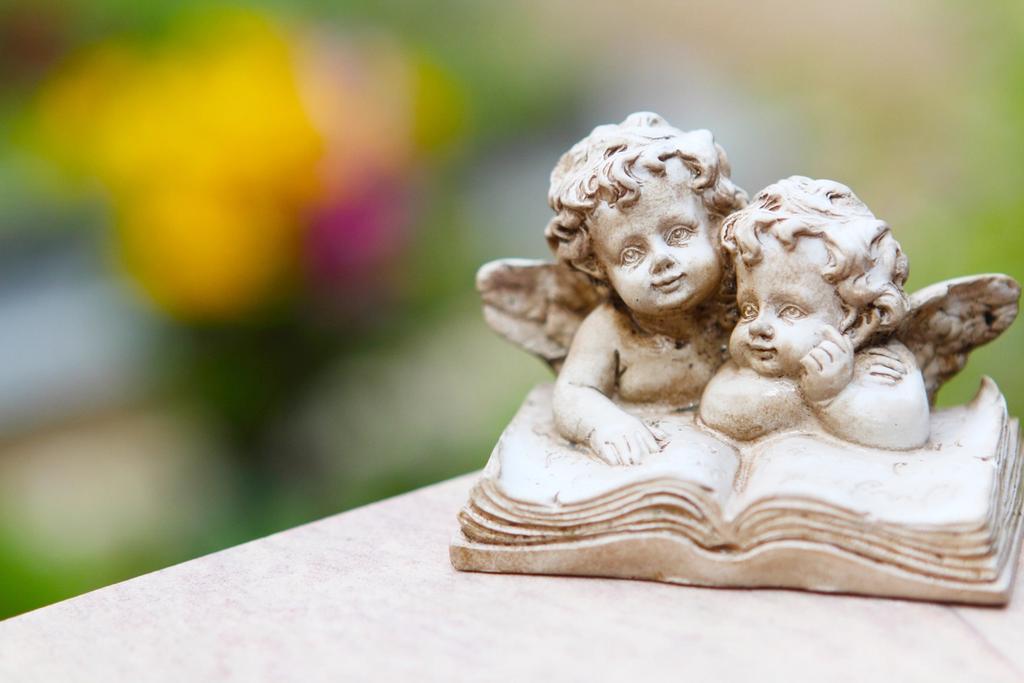How To Settle An Estate: Pay Final Bills, Dues, Taxes And Expenses
In order to settle the estate, all outstanding bills and dues that the person who died owed must be paid.

Types Of Bills And Dues
Common types of bills and dues include:
- Credit cards
- Medical bills
- Student loans
- Car loans
- Mortgages
- Alimony
- Child support
- Payday loans
Administrative Expenses and Final Bills
Bills and dues can be divided into two categories: administrative expenses and final bills.
Administrative expenses are any ongoing bills — examples: rent/mortgage, insurance, and utilities — that must be paid if you still need to use them. These bills can (and should) be paid even if the probate process is not complete. You'll also want to transfer these ongoing bills and accounts into the name of the person taking ownership over the properties or services still in use. If the property is being sold/abandoned or a service is being canceled, it's up to the executor to manage the details and pay the final bills on behalf of the deceased. Any expenses incurred should be reimbursed by the estate.
Final bills are bills for which the full amount can only be paid once the probate process is complete, such as taxes, credit card bills, and medical bills. These bills should only be paid by the executor using money from the estate once probate has concluded.
If you can't afford to pay some of the administrative expenses without money from the estate, you should be in touch with the companies that are owed and explain your situation. In some cases, you may be granted a deferral on those bills.
Paying Taxes
You Will also have to pay taxes on behalf of the person who died and the estate. To learn about the tax element of settling an estate, see our article Paying Taxes on Behalf of the Estate and the Person Who Died.
Other Important Things To Take Care Of...
Cancel Any Credit Cards, Cell Phones, Newspaper and Magazine Subscriptions, Memberships, and Online Accounts that the Deceased Had
In many cases, cancelling a credit card will take care of cancelling paid accounts and services, since any services or subscriptions associated with that card will no longer be paid.
Cancel Mail or Forward Mail
To forward the deceased’s mail, you must complete a Change of Address Form and submit the form to your local post office, along with proof that you are authorized to manage the deceased’s mail.
Cancel Utilities or Transfer Accounts
If any utilities were in the deceased’s name, such as electricity, gas, water, phone, cable, and Internet, these utilities should either be canceled or transferred to the name of a survivor.
Distribute, Sell, or Donate Any Personal Items that Were Not Included In the Will
Many times, personal items of sentimental or real value are not included in a will. These items should be properly distributed to surviving family members or donated to charity.
- How To Express Sympathy: What To Say And What...We’ve compiled a list of things to say—and things to avoid saying—when...Read more
- A Quick Overview Of Proper Funeral EtiquetteFunerals are emotionally complex, and knowing how to act can present a...Read more
- Funeral Pre-Planning Cheat SheetPlan now, rest later.Read more
- What To Wear To A Funeral Or Memorial ServiceIn many cultures black is the traditional color of mourning, however the...Read more



